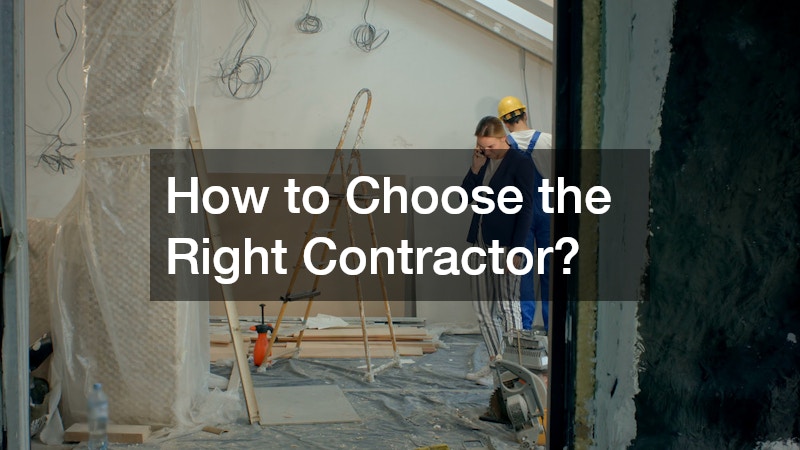In this article, we will explore the various reasons homeowners should consider hiring professional spray foam insulation contractors. From energy efficiency to long-term savings, professional installation can provide numerous benefits.
What is Spray Foam Insulation?
Understanding the Basics
Spray foam insulation is a versatile and effective method of insulating residential and commercial buildings. It works by expanding and creating an air-tight seal in spaces where it is applied, enhancing thermal resistance.
This insulation method comes in a liquid form that, when sprayed, adheres and expands to cover surface areas. The expanded foam then solidifies, providing a robust barrier against heat transfer and air leaks.
Spray foam is often used in areas that are typically hard to insulate using traditional materials, such as attics, crawl spaces, and wall cavities. The ability to reach and insulate tight areas makes it a popular choice among homeowners seeking efficiency.
Types of Spray Foam Insulation
There are two primary types of spray foam insulation: open-cell and closed-cell. Open-cell foam is softer and less dense, providing excellent sound absorption, but may not offer the same level of moisture resistance as closed-cell foam.
Closed-cell foam, on the other hand, is denser and more rigid, providing a higher R-value per inch compared to open-cell foam. This type is ideal for areas exposed to high moisture or where additional structural strength is needed.
Choosing the right type depends on the specific needs of the home, including climate, budget, and the area being insulated. Professional contractors can offer guidance to ensure the appropriate material is selected for optimal insulation performance.
Why Choose Professional Installation?
Expertise and Experience
Professional spray foam insulation contractors bring a wealth of expertise and experience to ensure the job is done correctly. They are trained to handle the complexities of various installations, guaranteeing quality and efficiency.
Their understanding of building codes and regulations ensures that the installation is compliant with safety standards. This knowledge base helps in avoiding potential pitfalls that can arise during the insulation process.
Professionals also have access to advanced tools and equipment, making the installation quicker and more precise. Their experience allows them to predict challenges and implement effective solutions on-site.
Efficiency and Safety
Hiring a professional ensures that the installation process is both efficient and safe. Professionals use industry-standard safety measures to protect themselves and the homeowners during the application.
Their efficiency in applying spray foam minimizes waste, ensuring full coverage without excess material. This precision contributes to the insulation’s performance and longevity.
Safety is paramount as improper handling of spray foam insulation can lead to health hazards. Spray foam insulation contractors are trained to implement safety protocols, making the process stress-free for homeowners.
How Does Spray Foam Insulation Improve Energy Efficiency?
Reducing Energy Costs
Spray foam insulation significantly reduces energy costs by providing a superior thermal barrier. It minimizes the need for extensive heating and cooling, resulting in lower utility bills.
Homes insulated with spray foam maintain more consistent indoor temperatures. This leads to increased comfort for occupants and decreases reliance on HVAC systems.
Furthermore, the initial investment in spray foam insulation often translates into long-term savings. Energy-efficient homes have reduced overhead costs, enhancing overall affordability.
Sealing Air Leaks
Spray foam insulation effectively seals air leaks, a crucial aspect of enhancing a building’s energy efficiency. By expanding upon the application, it fills gaps and cracks that allow air infiltration.
This tight seal created by spray foam prevents drafts and air leakage, contributing to a more energy-efficient and comfortable living environment. Air leaks, if left unaddressed, can be a significant source of energy loss in homes.
Additionally, by preventing the movement of air, spray foam insulation helps to mitigate external noise, offering acoustic benefits. The comprehensive air sealing it provides makes homes quieter and more serene.
What Are the Cost Considerations?
Initial Investment vs. Long-term Savings
Spray foam insulation may require a higher initial investment compared to traditional insulation methods. However, this cost is often offset by the long-term savings on energy bills.
The enhanced efficiency of spray foam contributes to reduced utility expenses over time, making it a financially sound choice. Homeowners should consider the return on investment when evaluating insulation options.
The savings on heating and cooling, combined with incentives or rebates available for energy-efficient improvements, further reduce the overall cost. Investing in quality installation can amplify these future savings.
Factors Affecting Installation Cost
Several factors influence the final cost of spray foam insulation installation. The size of the area to be insulated and the type of foam selected play a significant role in determining expenses.
Other considerations include the complexity of the job site, accessibility, and any unique requirements specific to the project. Professional contractors can provide estimates and guide homeowners on optimizing cost efficiency.
It’s important to account for both material and labor costs when budgeting for spray foam insulation. Engaging with experienced contractors can help to create a comprehensive plan that meets both functional and financial goals.
How to Choose the Right Contractor?
Qualities of a Good Contractor
Choosing the right contractor is crucial for ensuring a successful spray foam insulation project. Key qualities to look for include certification, insurance, and a positive reputation within the community.
A good contractor will have a portfolio of past work and testimonials from satisfied clients. This track record assures their ability to deliver high-quality work.
Questions to Ask Before Hiring
When evaluating potential spray foam insulation contractors, it’s essential to ask pertinent questions to ensure compatibility and capability. Inquire about their experience with similar projects and their approach to handling challenges.
Clarify the timeline for project completion and inquire about warranties or guarantees on work performed. Understanding these details can help avert misunderstandings and ensure peace of mind.






